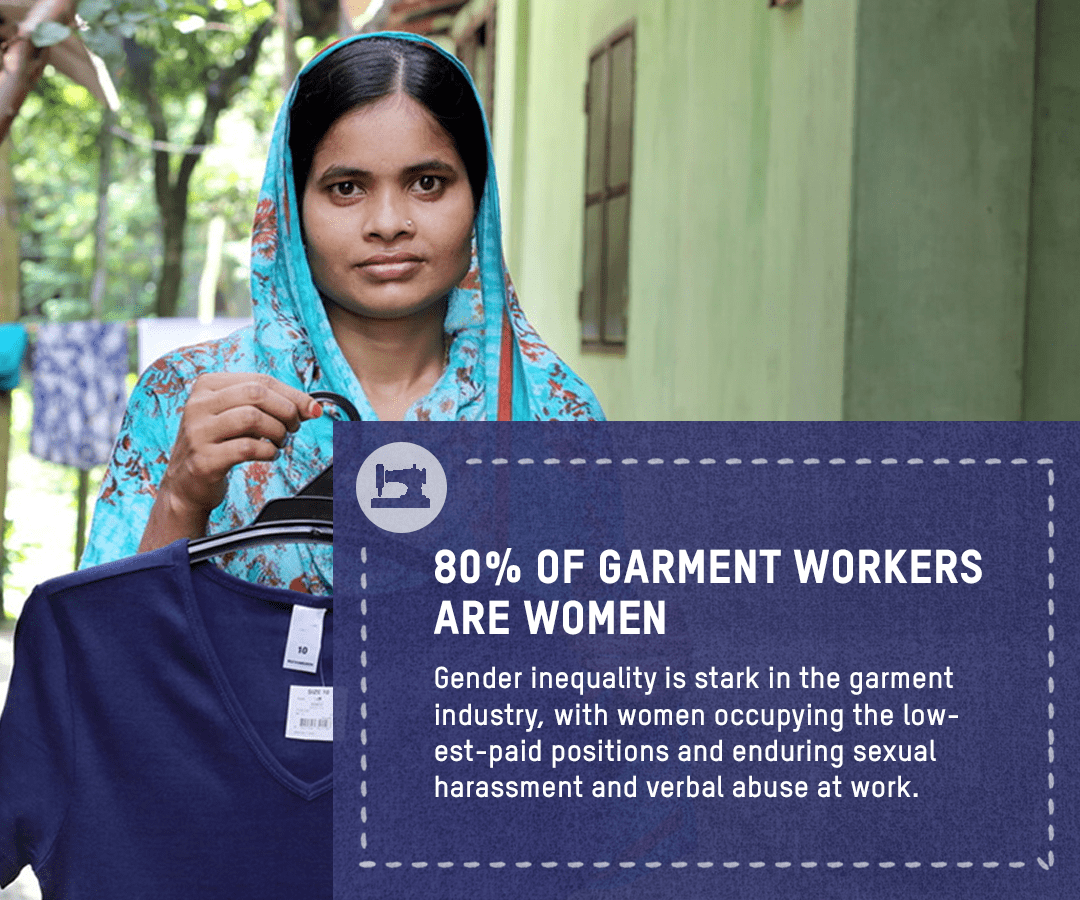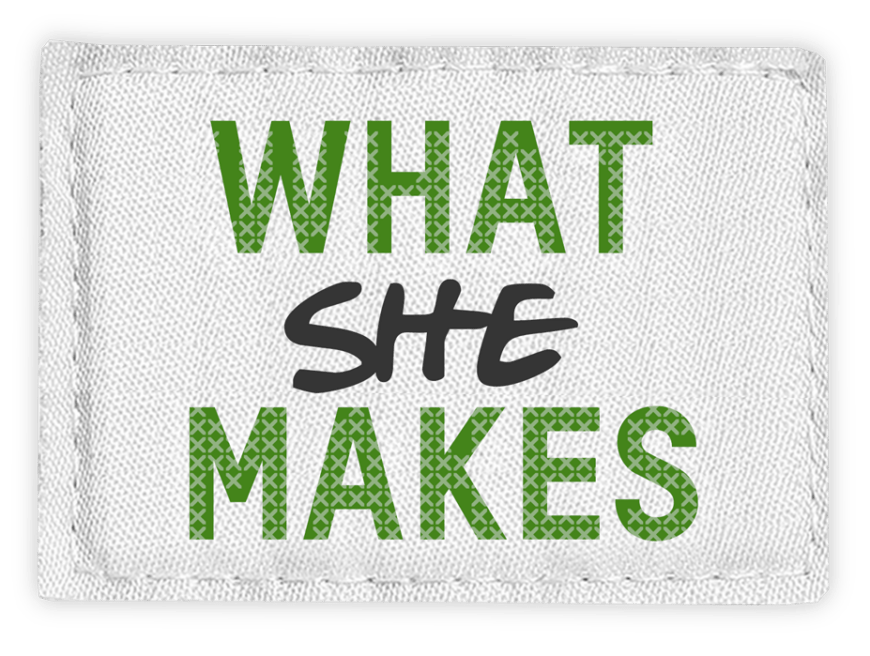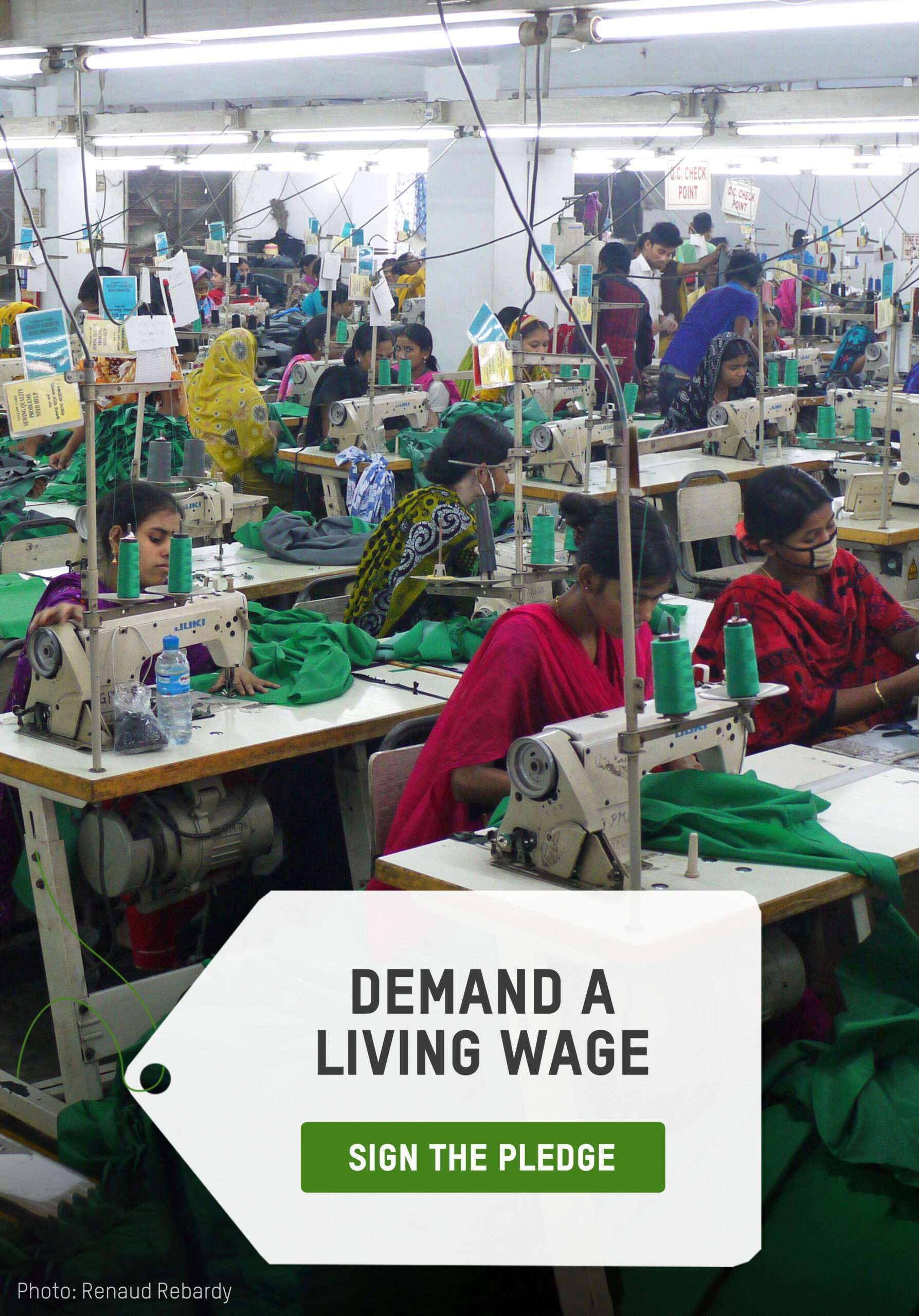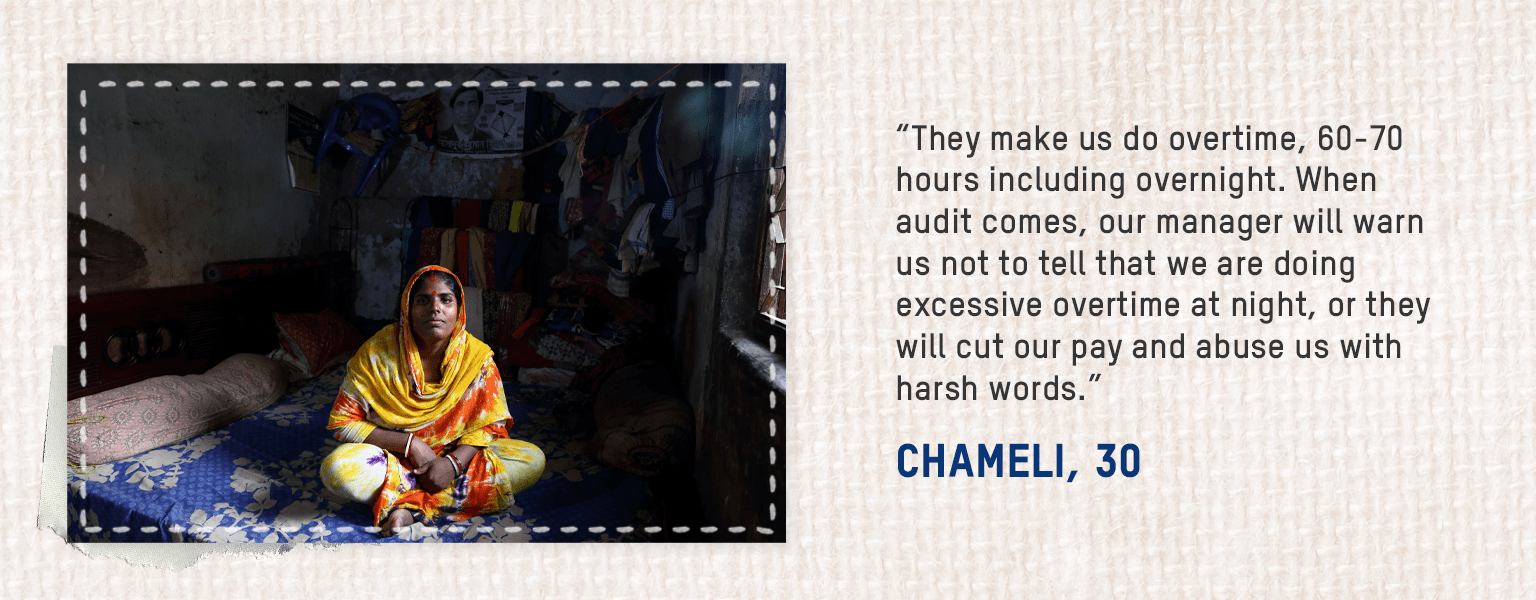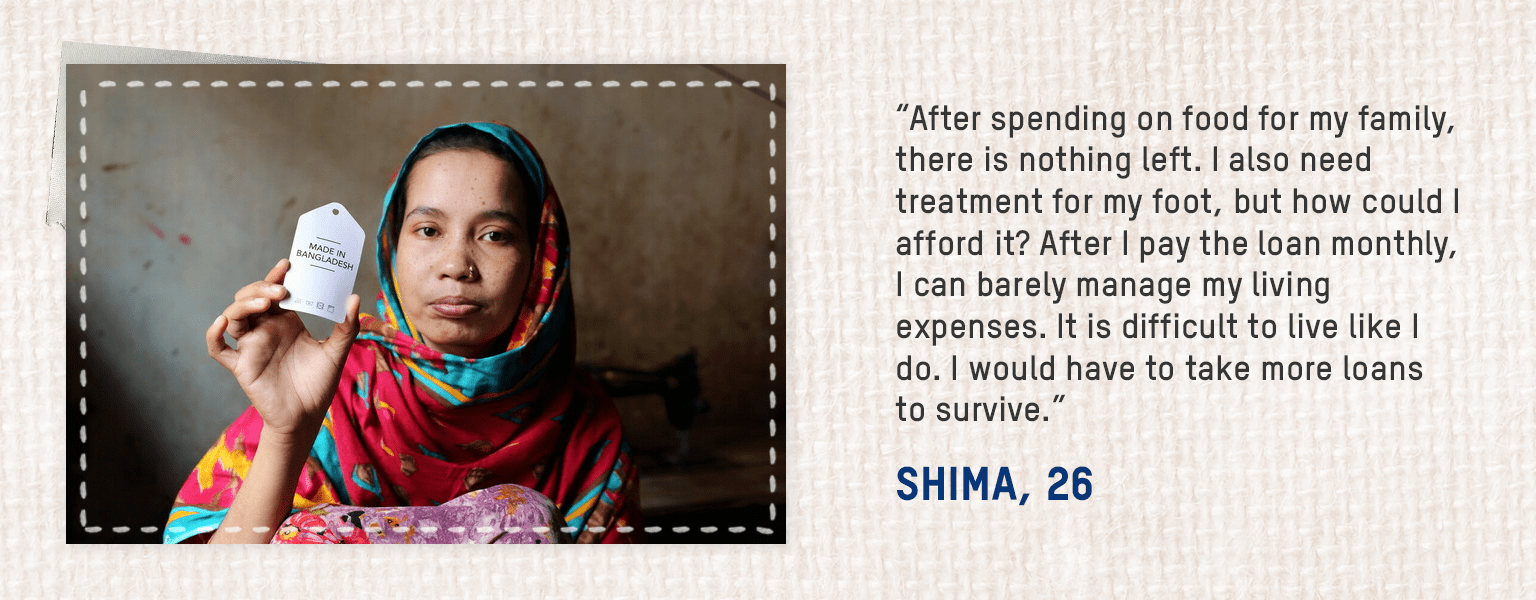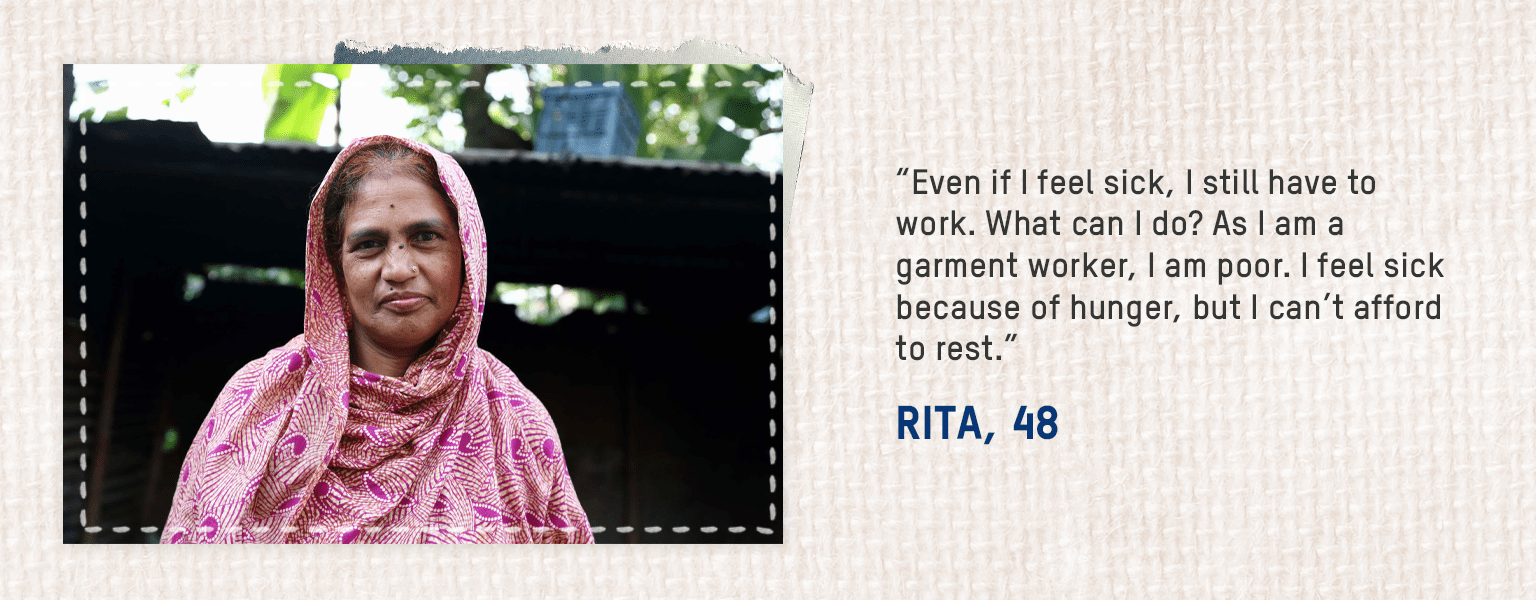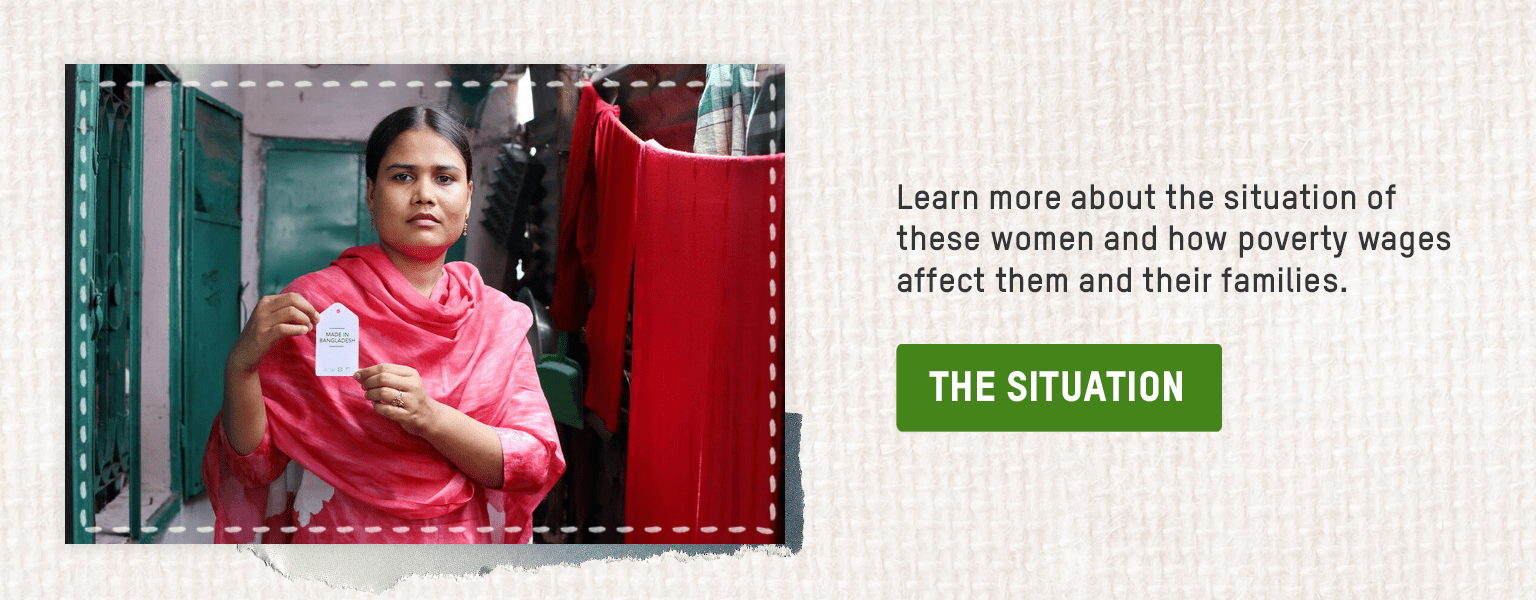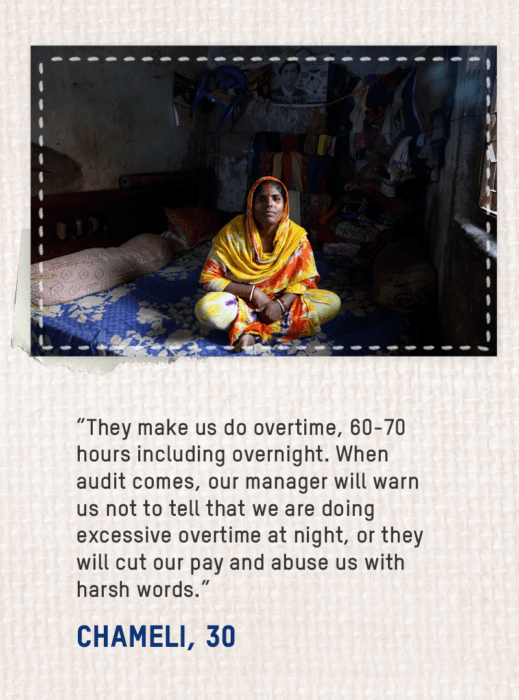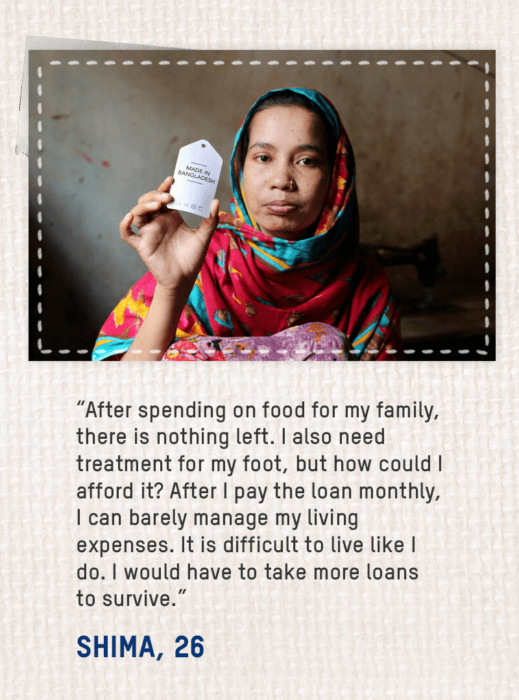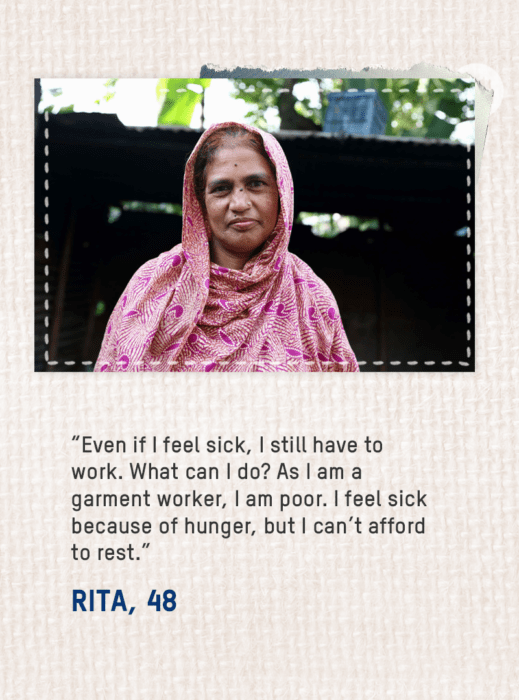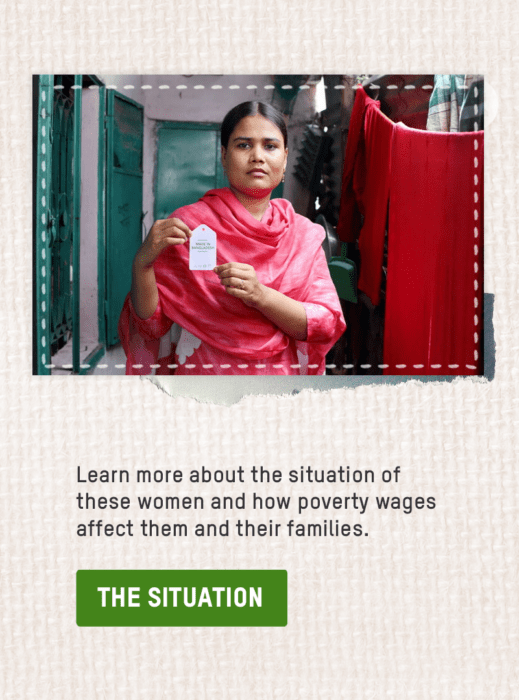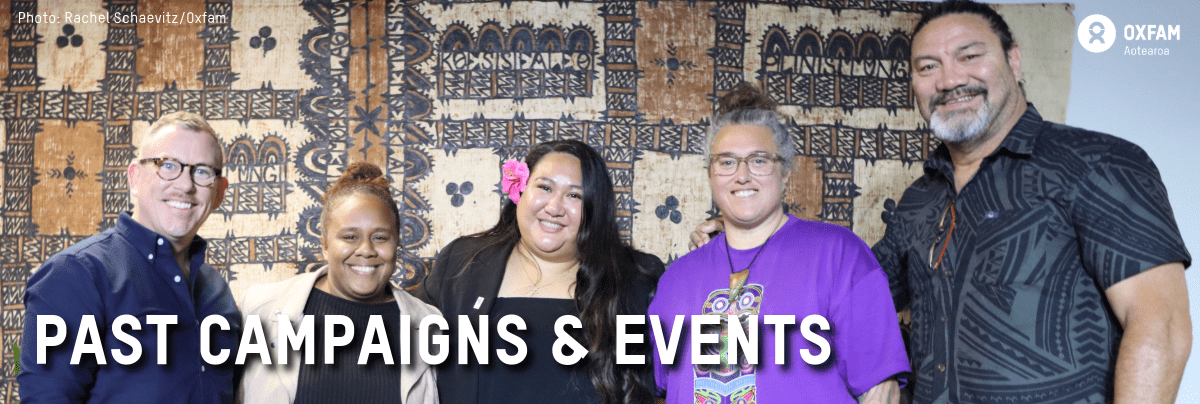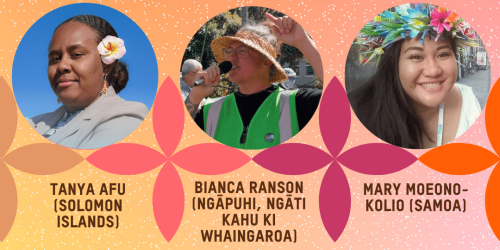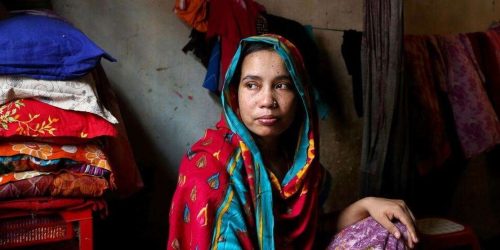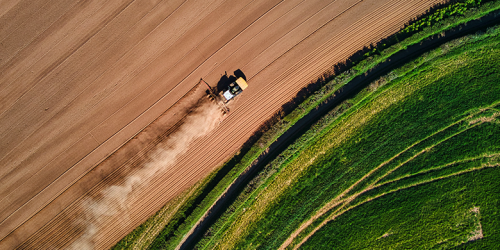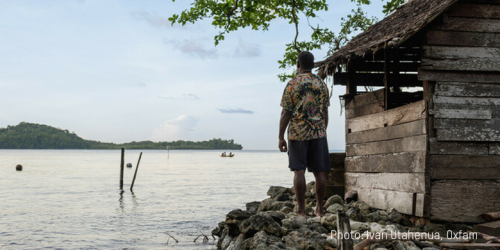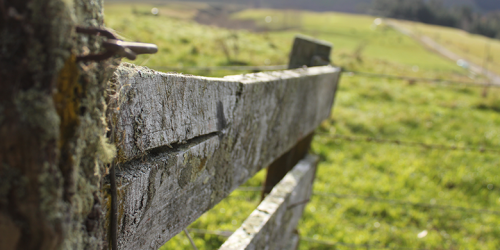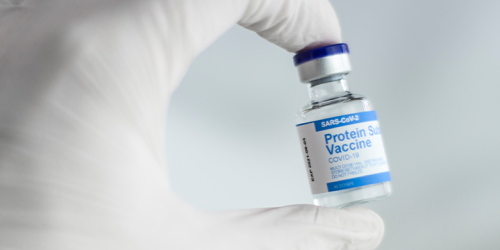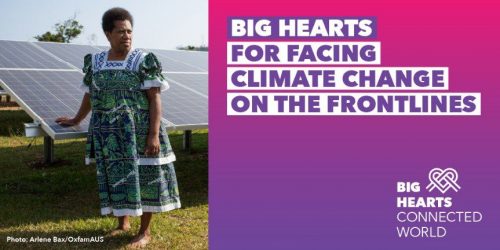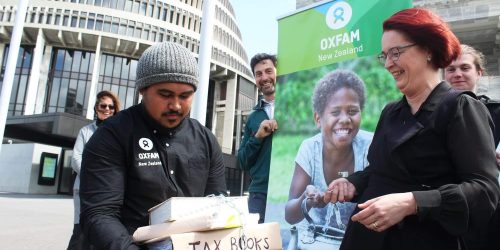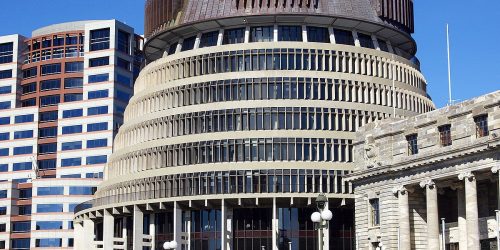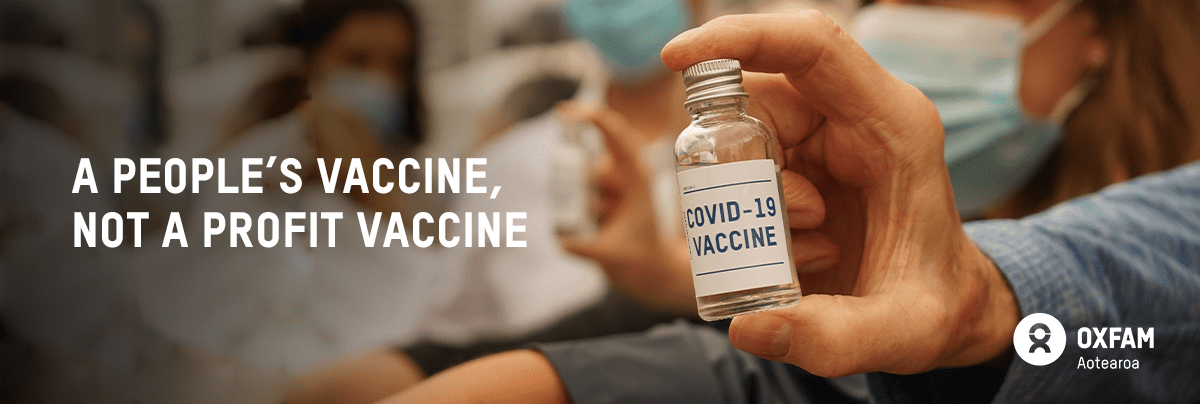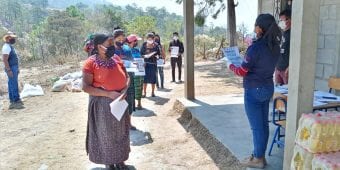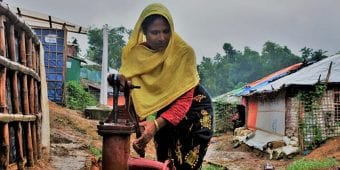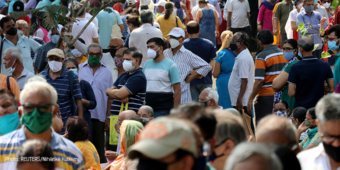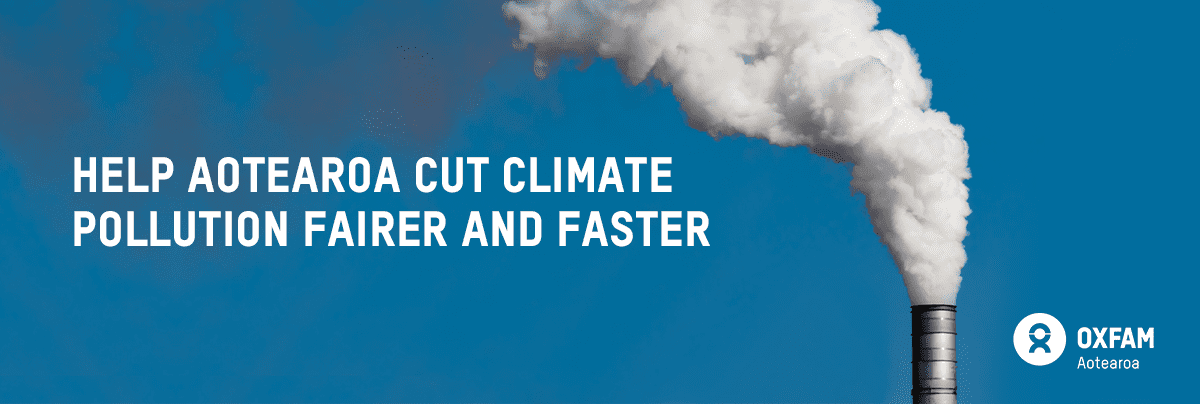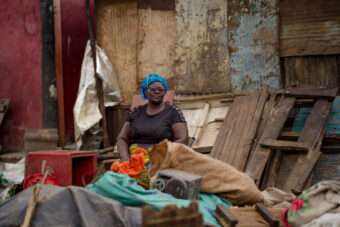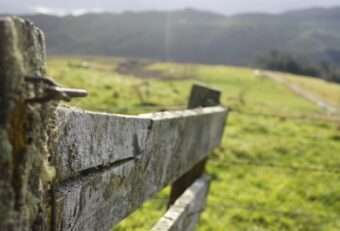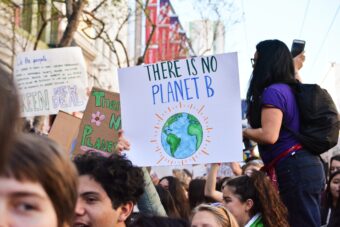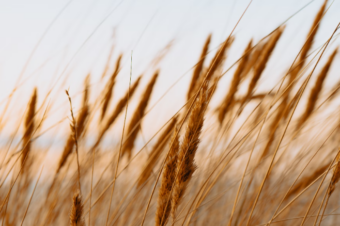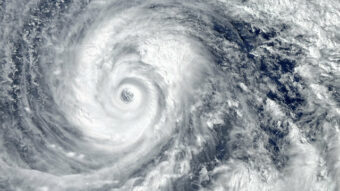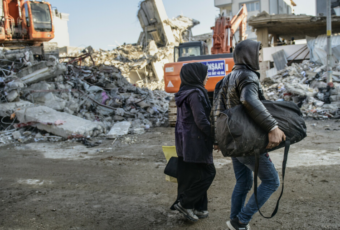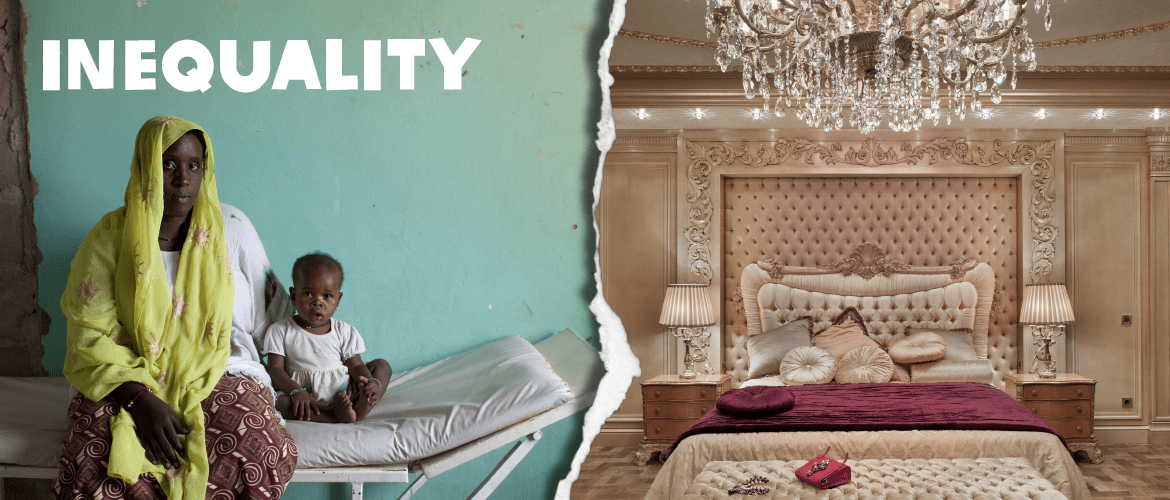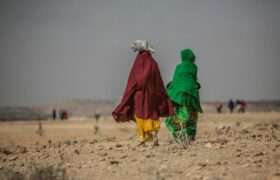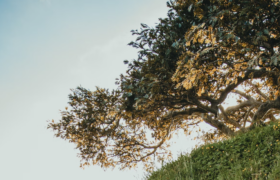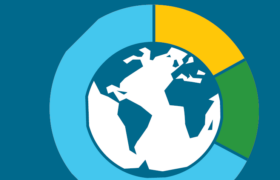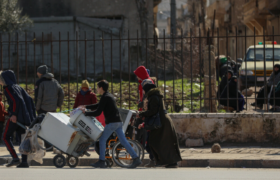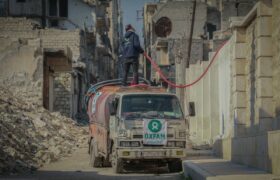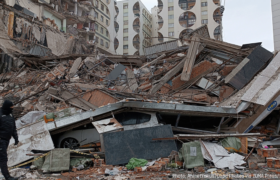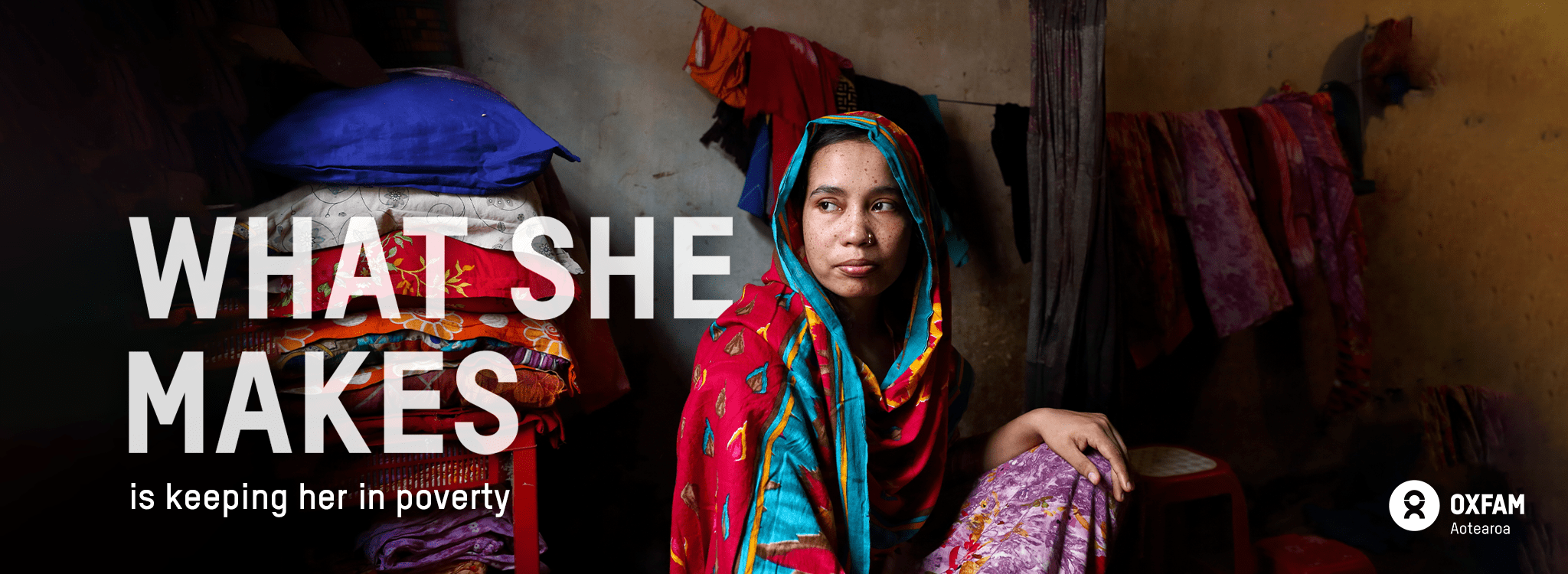
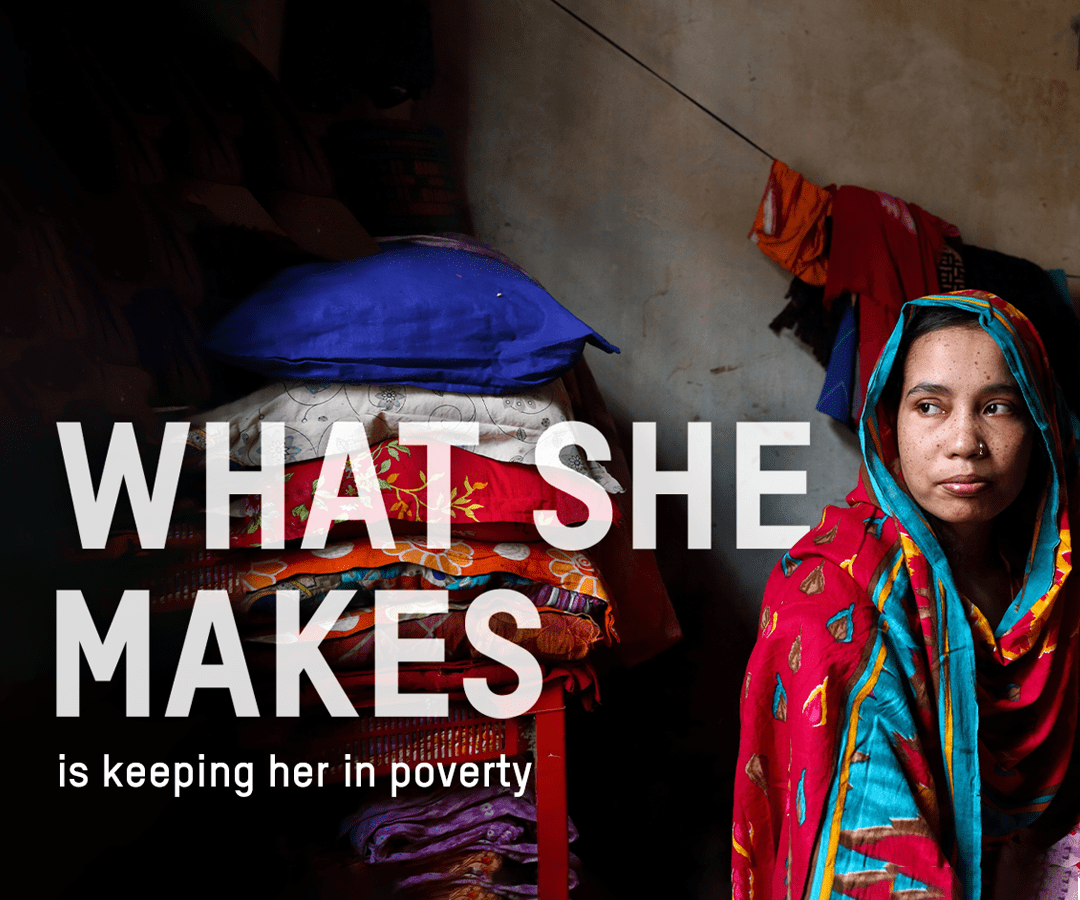
TOGETHER, WE CAN CHANGE LIVES
Together, we can change the lives of the women who make our clothes and make sure they earn enough to live with dignity.
Despite making millions in profits, clothing brands do not pay garment workers enough money to cover the basics of life. Join Oxfam and stand with the women who make our clothes so they don’t have to choose between paying rent or buying food each month.
We are exposing the reality behind the clothes sold in Aotearoa. With your voice demanding change and Oxfam’s direct engagement with the brands, we can hold these brands accountable, push for change in how they do business, and end the exploitation of the women who make our clothes. Sign Oxfam’s pledge to demand fashion brands pay a living wage now.
BIG BRANDS SHOULD HAVE NOTHING TO HIDE.
Supply chain transparency is a critical step in paying a living wage and in changing the lives of the women who make our clothes.
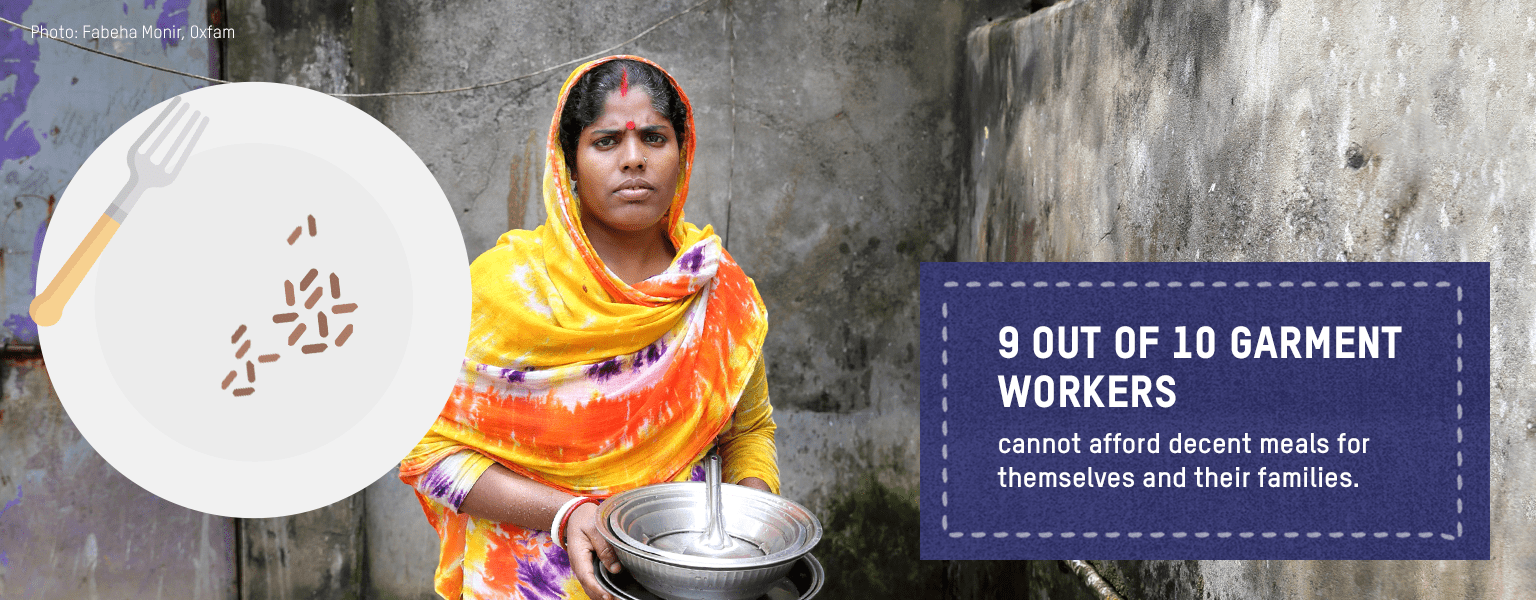
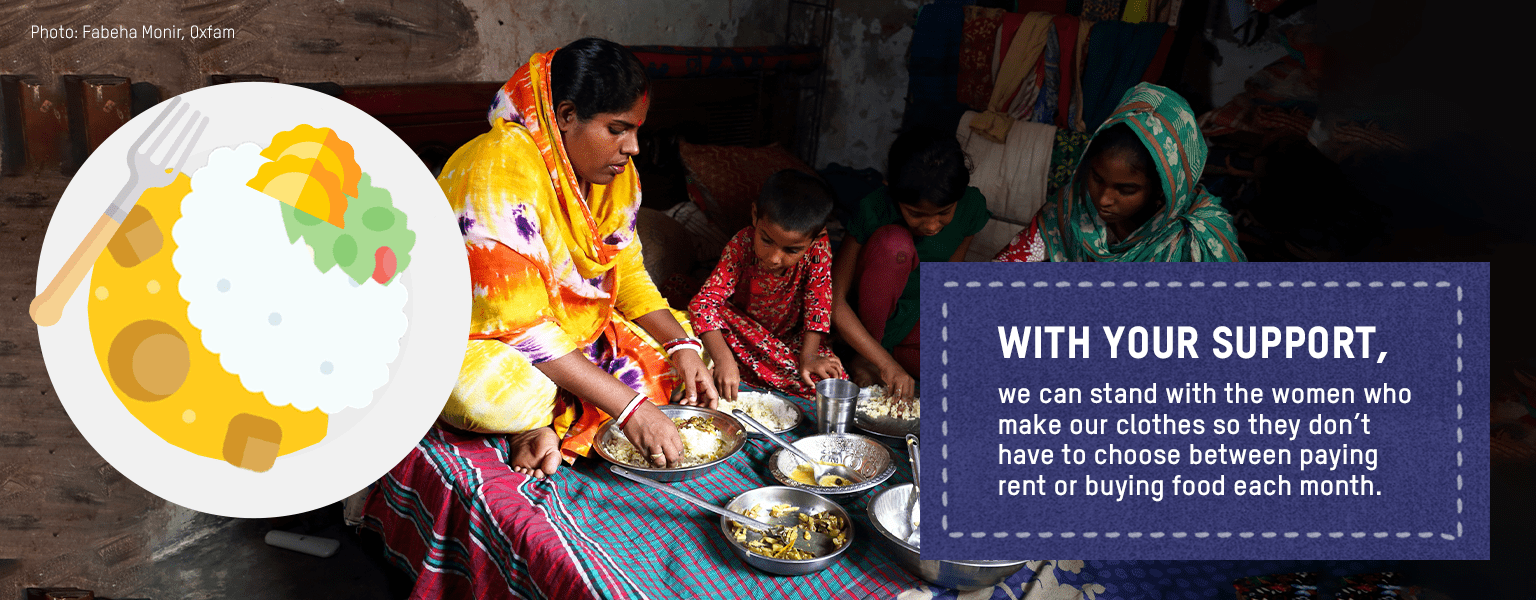
Did you know?
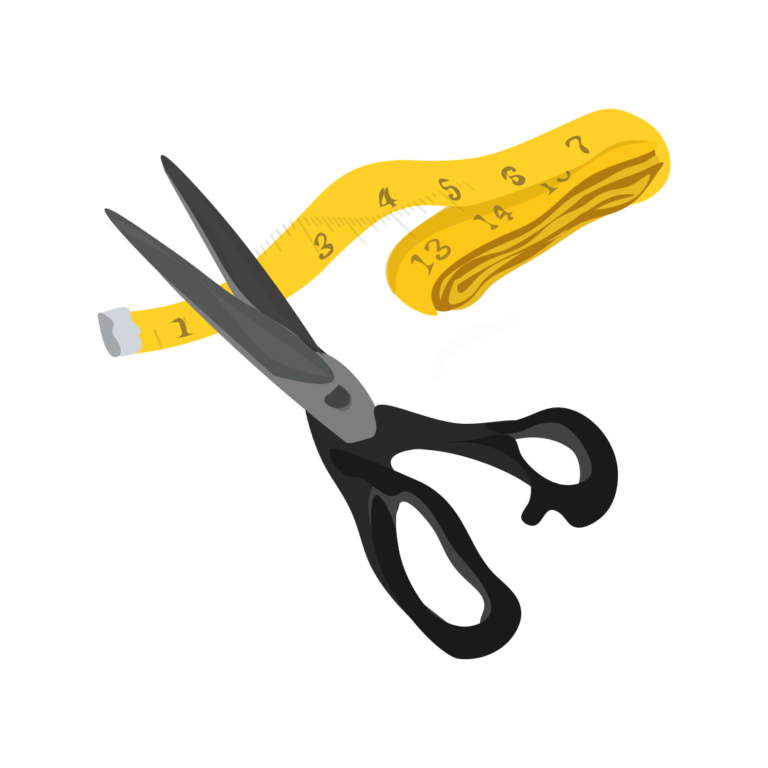
In Bangladesh, the minimum wage is only about a third of what is needed to afford a decent standard of living. That means garment workers must choose between paying rent or buying groceries for the family. They cannot afford to get both.
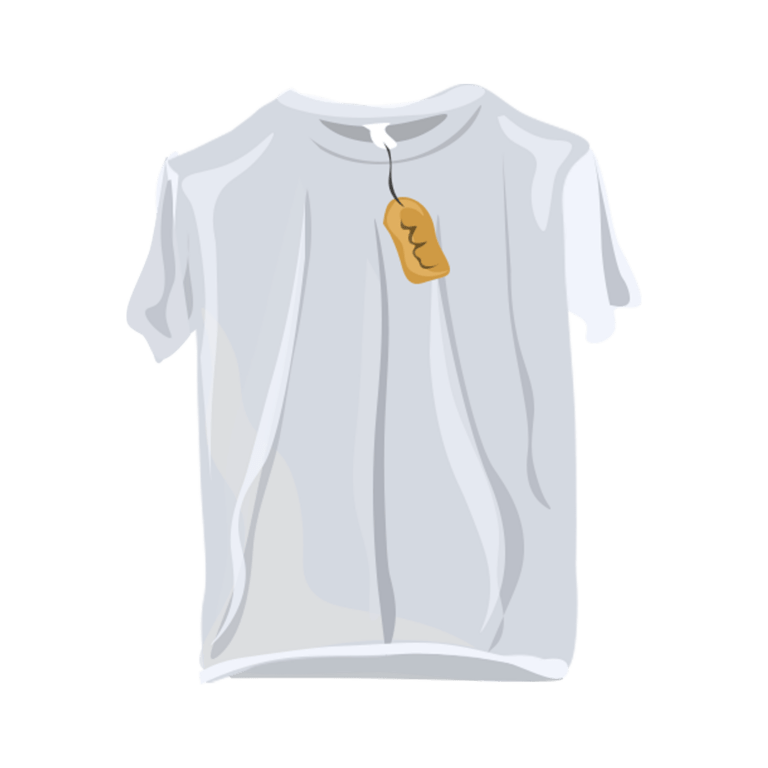
Increasing the retail price by just 1% on average is enough to support a living wage for the women who make our clothes.

It will take a garment worker 70 years to earn what a fashion CEO makes in a week. Meanwhile, it takes one hour for a fashion CEO to earn what a garment worker earns in a year.
Make a donation to support #WhatSheMakes and ensure the women who make our clothes are paid a living wage.
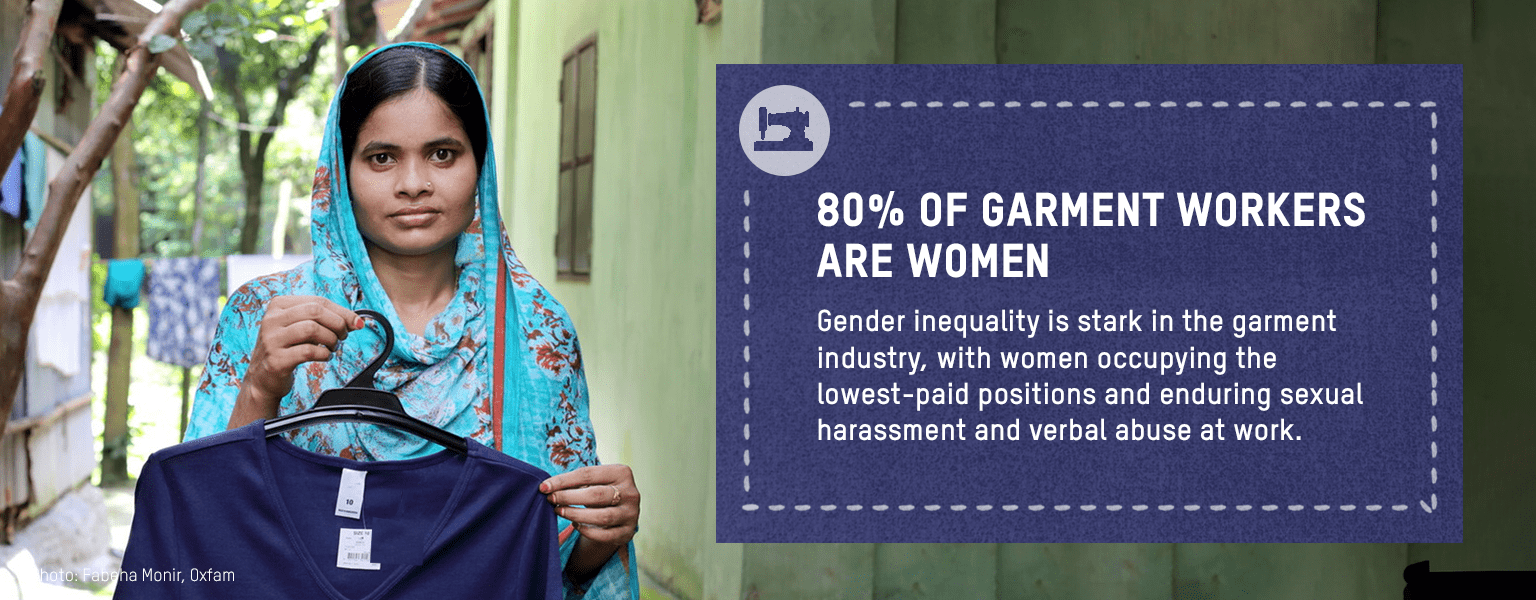
Share with someone who will stand with us:
